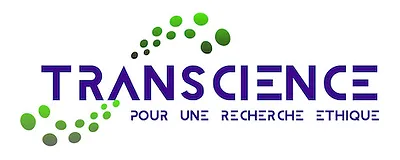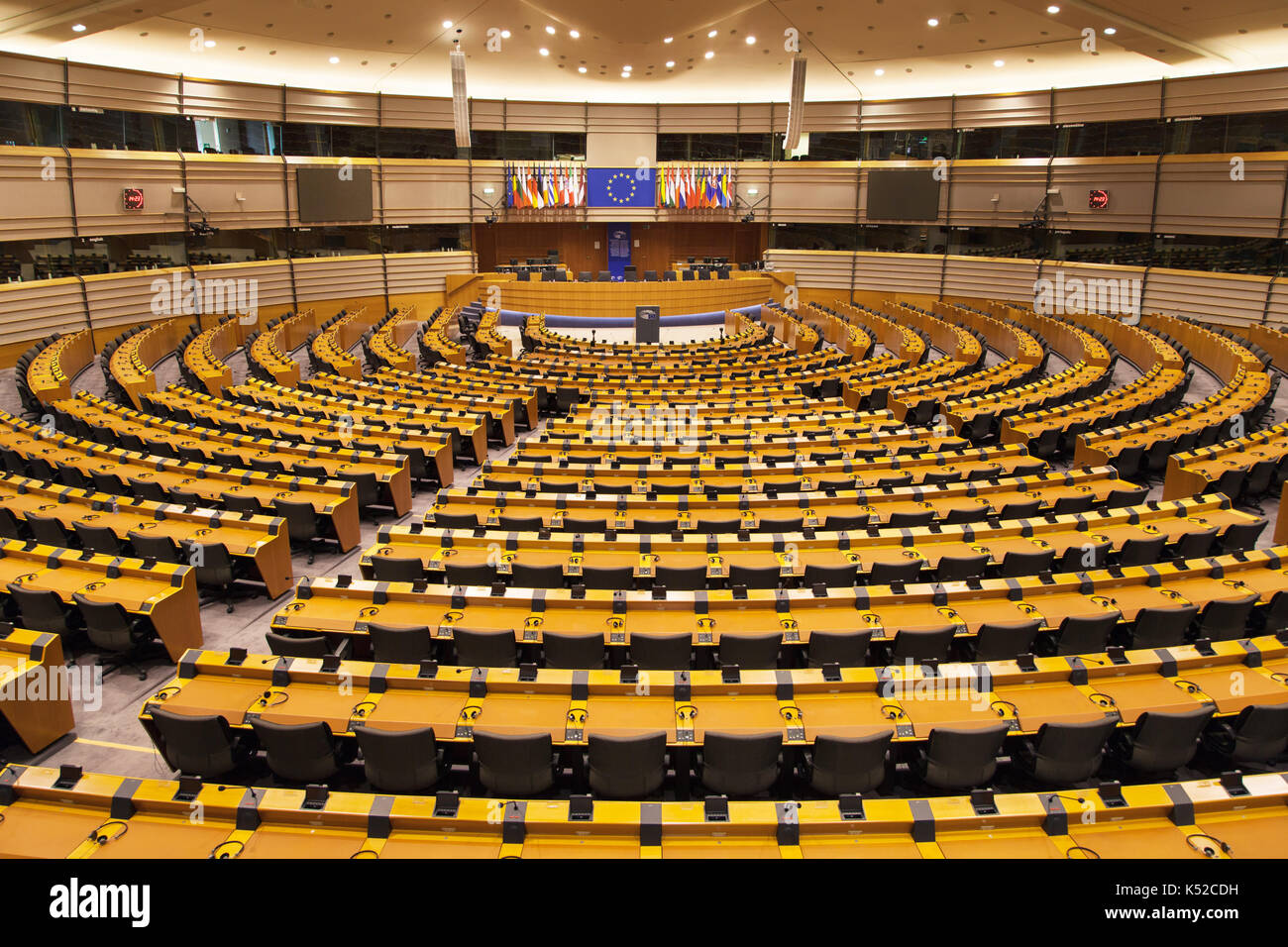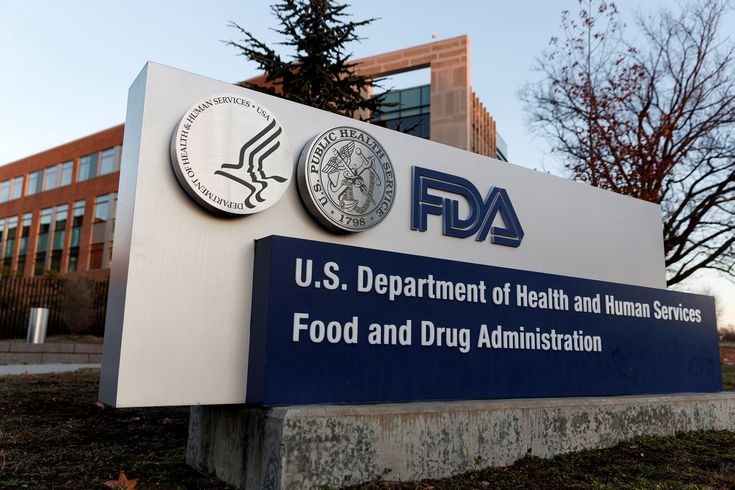European Parliament resolution of September 16, 2021 on plans and actions to accelerate a transition to innovation without the use of animals in research, regulatory testing and education (2021/2784 (RSP)), voted almost unanimously (667 in favor, 4 against and 16 abstentions).
This important resolution, initially the result of 6 separate proposals from which a consensual text finally emerged, was actively supported by several associations and also by toxicology researchers (see here). It reflects a strong desire on the part of the European Parliament to speed up the transition to non-animal research.
In particular, this resolution :
“- Underlines that the action plan should include ambitious and achievable objectives, reduction targets and timelines to be set under the overarching reduction and replacement goal in order to incentivise change, with concrete and coordinated actions accompanied by indicators, as are applied to other EU policy areas…
– Highlights the need to deepen the European Research Area and for the plan to build on research undertaken in the EU to date and to include mechanisms for the preferential funding of non-animal methods across all EU research and innovation initiatives, as such alternative methods bring additional costs and investment needs; points, therefore, to the need for increased and targeted funding under Horizon Europe for advanced non-animal models; calls on the Commission, the Council and the Member States to make sufficient medium- to long-term funding available to ensure the fast development, validation and introduction of alternative testing methods to replace animal testing methods, particularly for key toxicological endpoints…
– Highlights that the private sector can be actively involved in the plan, in particular companies willing to switch to non-animal models, as well as start-ups developing and perfecting them, through participating in collaborative approaches to phasing out animal testing…”
March 2022: Response from the commission : click here
The resolution on the chemicals strategy for sustainability (July 10, 2020) includes provisions to promote non-animal test methods:
” 29. Reiterates the need to minimise and progressively replace animal testing through an expanded use of new approach methodologies and intelligent testing strategies, including in vitro and in silico methods; calls for increased efforts and funds to this end with the aim of establishing fast, reliable and robust non-animal-based safety assessments in all relevant legislation, in addition to cosmetics; regrets the fact that there are still barriers to the usefulness and acceptance of alternative (non-animal) testing methods for regulatory purposes, owing in part to factors such as gaps in the available testing guidelines and insufficient funding for the research and development of non-animal methods; requests that action be taken to remedy this situation;
30. Considers that the best available science should be used as a benchmark for the validation of new approach methods, rather than outdated animal models;
31. Calls on the Commission to ensure that the validation and introduction of non-animal test methods is accelerated considerably;
32. Invites the Commission to explore the potential of digital technologies and artificial intelligence in order to accelerate the development of predictive toxicology tools to support innovation;
33. Underlines the fact that the bans on testing on animals set by the Cosmetics Regulation must not be compromised by testing conducted under other legislation such as REACH;”
Submitted by Maria Spyraki, Maria Arena, Frédérique Ries, Sven Giegold, Danilo Oscar Lancini, Pietro Fiocchi, Anja Hazekamp, on behalf of the Committee on the Environment, Public Health and Food Safety.
European Parliament resolution of May 3, 2018 on a global ban to end animal testing for cosmetics.
In particular, the resolution addresses the issue of banning animal testing in the cosmetics industry outside the European Union. It :
“13. Highlights that Guatemala, Iceland, India, Israel, New Zealand, Norway, Serbia, Switzerland and Turkey have cosmetics animal testing bans in place; notes that other countries, such as South Korea and Australia, have made significant progress towards such a ban;
14. Notes that despite some notable legislative advances around the world, around 80 % of the world’s countries still allow animal testing and the marketing of cosmetics tested on animals;
Establishing a global ban on animal testing for cosmetics
15. Calls for the cosmetics regulation to be used as a model for the introduction at international level of a ban on animal testing for cosmetics and a ban on international trade in cosmetic ingredients and products tested on animals, to come into effect before 2023;
16. Calls for the EU institutions to guarantee a level playing field for all the products placed on the EU market and to make sure that none of them have been tested on animals in a third country…”.




